Last updated on March 23rd, 2024
Everywhere I look, it’s picture-postcard perfect. Stunning blue skies with white wisps rolling lazily over the ocean. A light breeze ruffling the coconut palm trees. Turquoise waters rolling gently into the shore. Appreciating the quiet, still morning, I jog toward the resort’s gym, hoping to get a workout in before the resort wakes up.
Wanting to listen to my cardio playlist, I turn my cell service on for the first time in days. After all, it is my last day in this remote, newly developed area of Cuba and I’m wary of using the wifi cards. Suddenly, my peaceful morning shifts into panic as I watch news of the spread of Coronavirus on social media. Public schools are closing. Events are being cancelled. Countries are shutting their borders.
My first and only thought is of Alyx, my 19-year old daughter, 2,300 km away, at university in London, Ontario. An early riser, she is already awake. Unlike public schools, the university hasn’t cancelled classes. Nor has it cancelled a 10-school women’s football tournament that weekend, or a sports banquet scheduled for the following night. With the headlines I am reading, I can’t believe it. I send a frustrated email to the university, post my angst on the university’s Facebook page, along with hundreds of other concerned parents.
“I don’t know what to do. I have to go to the tournament, but I don’t want to go to the banquet,” she texts me. “All of my friends are away on spring break. They haven’t cancelled classes yet. I still have to go.”
“This thing is escalating rapidly”, I write. “You have a choice. Avoid large groups. Your friends will have to be quarantined when they come home.”
“Stop it!” she writes. “Every single person I know is texting me. You and dad are stressing me out and I have exams to study for. It’s making me sick to my stomach. I’m not worried about me, I’m more worried about my friends with asthma or immune problems.”
“Please be safe on your flight back. I don’t know what I’d do without you,” she adds.
That’s when I cry. I feel so far away, so isolated. So powerless.
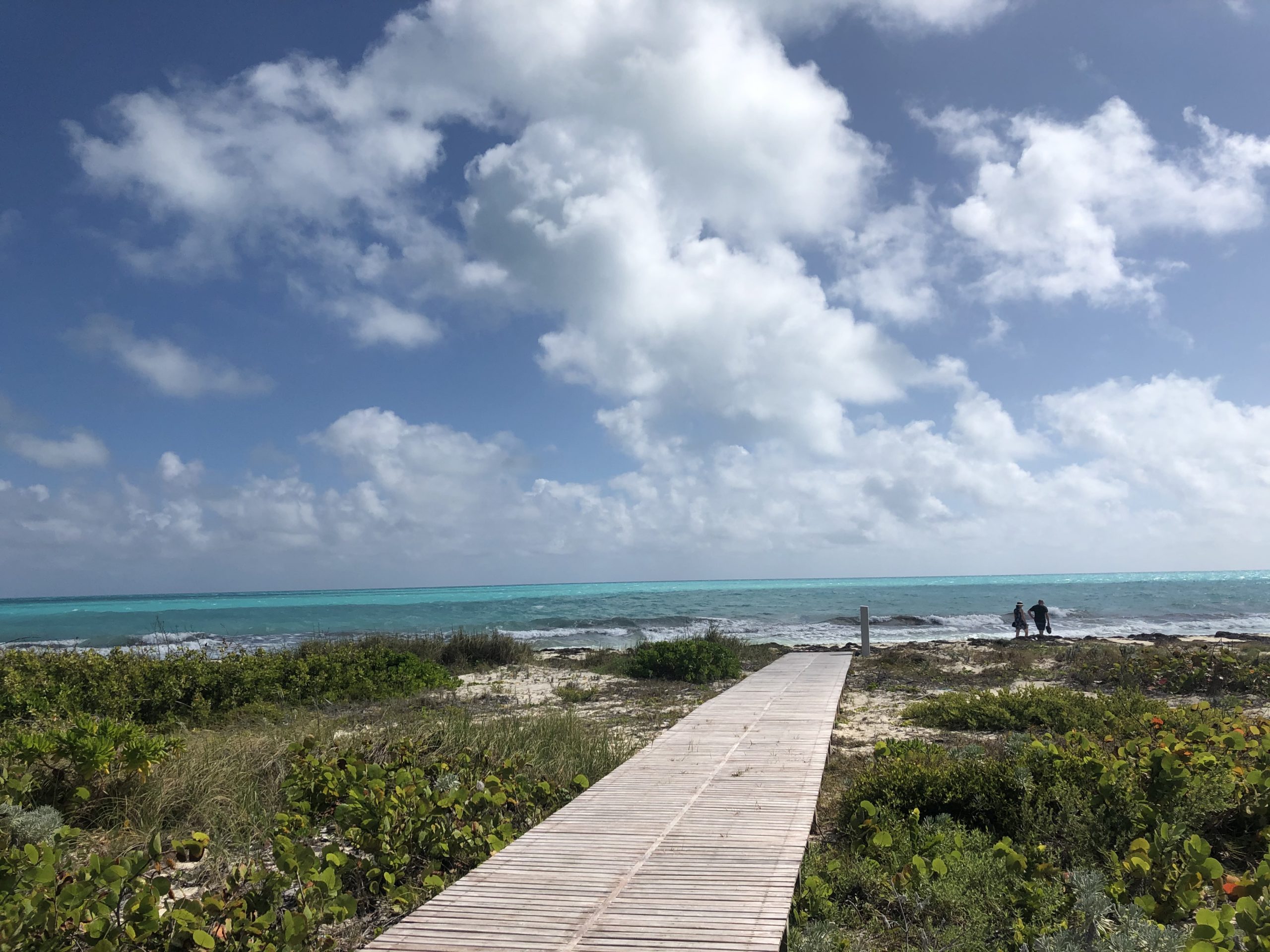
It’s March 13. For the past week, I have been a guest of the Cuban Tourist Board with three other journalists, visiting hotels, beaches, horseback riding, on Jeep Safari tours and other activities in Cayo Coco, Moron, Cayo Guillermo and a newly developing area Cayo Cruz, where I am now. Because it is so new, there is very little infrastructure. Hotels are being built, and the people who work here take a three-hour bus ride from Camaguey. I realize that I am in one of the most remote places I could possibly be in a pandemic. Although the resort we’re visiting has a doctor, the closest hospital is probably on the mainland, over two hours away. In that moment I am grateful for my travel insurance, realizing that I might actually need it.
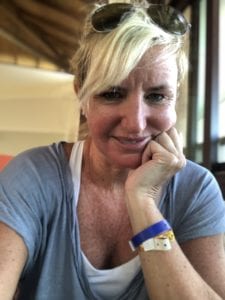 I have met hundreds of people, shook hands with all of them and never once considered that it might not be safe. This isn’t China or Italy. But I have seen people who were sick. I’ve been all over hotels, touched door handles, eaten foods with my hands without washing them. I start to hyperventilate. How could I have been so ignorant?
I have met hundreds of people, shook hands with all of them and never once considered that it might not be safe. This isn’t China or Italy. But I have seen people who were sick. I’ve been all over hotels, touched door handles, eaten foods with my hands without washing them. I start to hyperventilate. How could I have been so ignorant?
Fidel, our guide, tells us that the coronavirus has hit Cuba with three people identified, Italians. They’ve been moved to Havana and the government hopes it won’t spread. He says that the quality of Cuban healthcare is extremely high and that Cuban doctors are trying to help the rest of the world (Cuba has since sent doctors to Italy and other regions).
I look around at the beautiful Valentine Cayo Cruz resort with white sand beaches and a turquoise-blue ocean. People are lounging at the pool bar, drinking mojitos and piña coladas. Tropical music is playing as swimmers get their laps in. But there’s something frightening happening. You’d never know it here, as people casually stroll to the beach and the smell of coconut oil fills the air. It’s surreal.
My brother sends me a note from Australia. He’s decided to visit Florida with his wife and children in the first week of April, going to Disney World. I am stunned at his timing.
“It’s fine,” he says. “I’ve already booked it. You’re overreacting.”
That afternoon, at Cayo Coco Airport, every single person is wearing a protective green mask and gloves. Infinite care is taken, even in the bathrooms, to provide soap. Every time someone coughs or sneezes heads swivel in their direction.
After an interminable three-hour wait, we board the plane. I scrub down every possible surface with Lysol wipes that we brought with us. The tray, the headrest, the arms, the seat, the screen, the belt buckle. I’m feeling paranoid. I seem to have developed a cough. As a young couple sits next to me, I feel my throat seize up. I need water. I wheeze. I cough. I sneeze. Oh my God. Am I sick too?
I land in Toronto at 2 a.m. with a runny nose. Thankfully, I haven’t coughed again. I’m surprised to see that there are no safety protocols in place. I push the buttons on the Nexus machines but nothing works. A woman tells us to all stand together in a line. The agents aren’t wearing gloves or masks. I’m not asked if I feel sick, only what country I was in. I rush by the baggage area, where people from different flights stand together in a clump of humanity waiting for their luggage.
Technically, I’m not required to self-isolate but I’ve already decided I will. I hunch in the backseat half asleep and count the seconds on the 15-minute taxi ride to my apartment. Once home, I shower quickly, and shutter myself in my daughter’s empty bedroom away from my partner, at least until I feel better. By Monday, I am seemingly well, but who knows?
I’m so grateful I was able to get home. Gratitude that my daughter, and my family, are safe and healthy. Gratitude for the women with me in Cuba: Nancy, Rebecca and Jane, and our shared experience together, the feelings of helplessness, away from those we loved.
Several weeks later, I’m still anxious. As in the beginning of this, there is still a lack of information. It’s confusing. It changes constantly. I am trying to shift to a more purposeful approach. Doing something to help people. Trying to be at my best, to feel like I’m doing something to help others.
Regardless of where we are, we are going through a shared experience, one that will change our world forever. It will change how we think about travel, safety, our health, and about what really matters. But I have hope – hope we will care more for each other, be more appreciative of our differences and the things that connect us. Nothing will ever return to what was, but perhaps we can become better versions of ourselves, knowing we are all connected. This is our time to find out.
Please note: My time in Cuba, including the airfare, accommodation, unique experiences and delicious food, was courtesy of the Cuban Tourism Board. My opinions, however, are mine, and this article was not reviewed in advance of publication.
Discover More on Cuba
How Solo Women Can See the ‘Real’ Cuba, From a Woman’s Perspective
How solo women can see the ‘real’ Cuba and support women-owned homestays, restaurants and markets, at a time when tourism is desperately needed.
The Hotlist: 12 of the Coolest Small Group Tours for Women in 2024 From our Women’s Travel Directory
From Cuba to Mongolia, these unique small group tours from our Women’s Travel Directory will connect you with people, places and wildlife.
Wanda St. Hilaire’s Memoir Explores Solo Travel, Love and Adventure in “The Cuban Chronicles”
The JourneyWoman Book Club heads to Cuba as solo traveller Wanda St. Hilaire explores love and adventure in her 2009 memoir, “The Cuban Chronicles.”

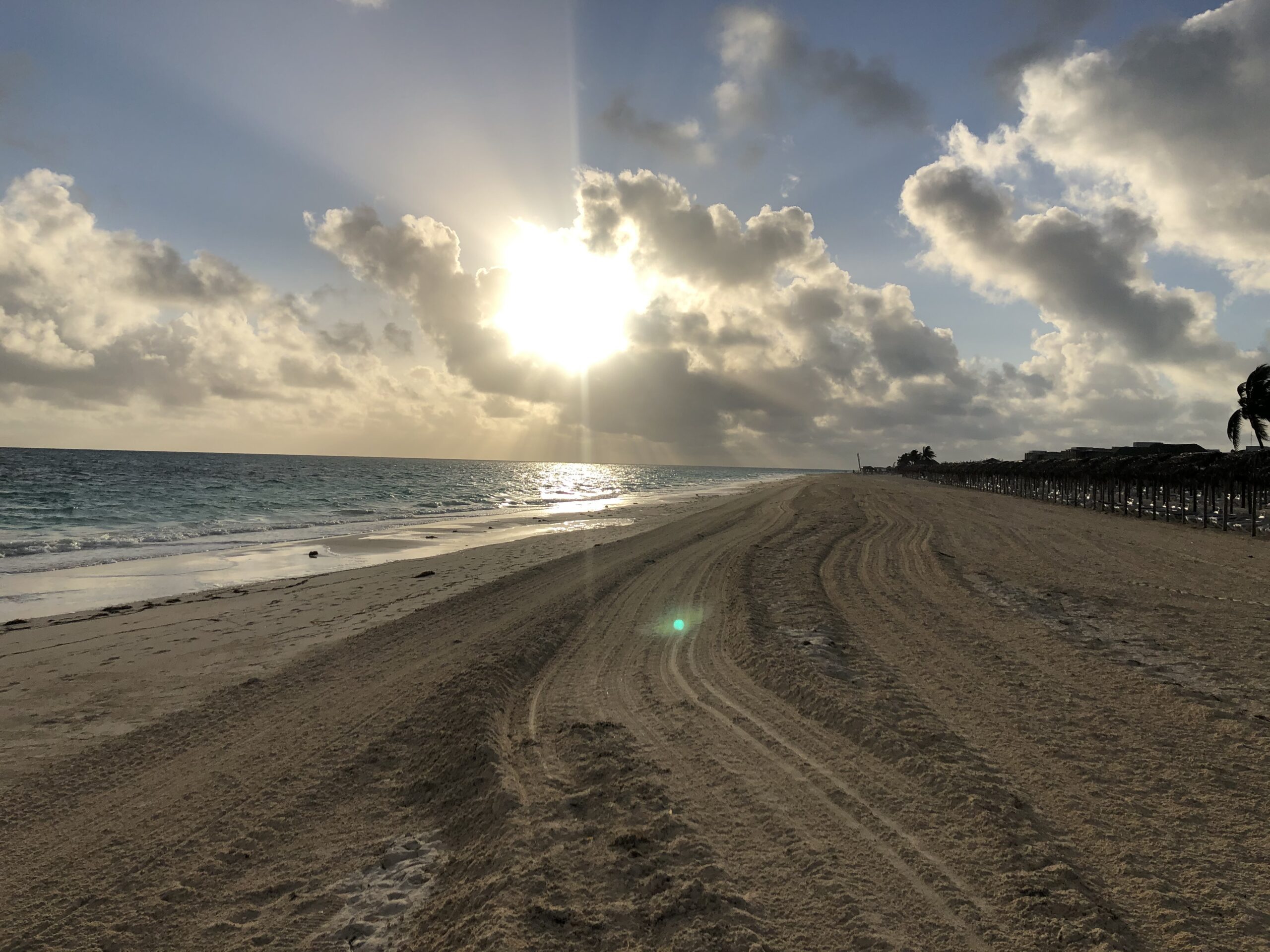

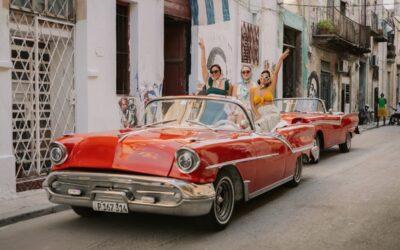
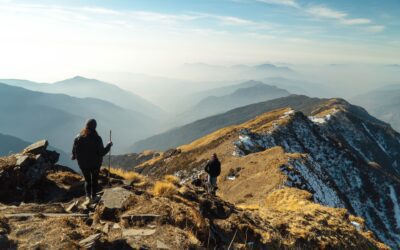
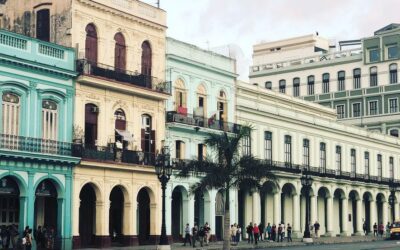
The writing was credible. Important in these times. I’ve been to Cuba – once in the years before the Pope visited with my daughter then just out of university.. Medicine there is as good as you say it is.It is characteristic that they could and would send physicians to help other countries. During the worst years of AIDS their control of the spread of that disease was extraordinary. I met some of those with first hand experience of the good changes brought by the revolution. You could have given us more of that angle. I expect Cuba will control the pandemic there effectively. Apart from petty theft, I felt very safe there.
Thanks for sharing your incredible story. I came back from the US by car on March 13th. There was no safety precautions at the border in Victoria. We drove straight home and isolated for 14 days. My daughter had filled my fridge with fresh food. Thanks Julie.